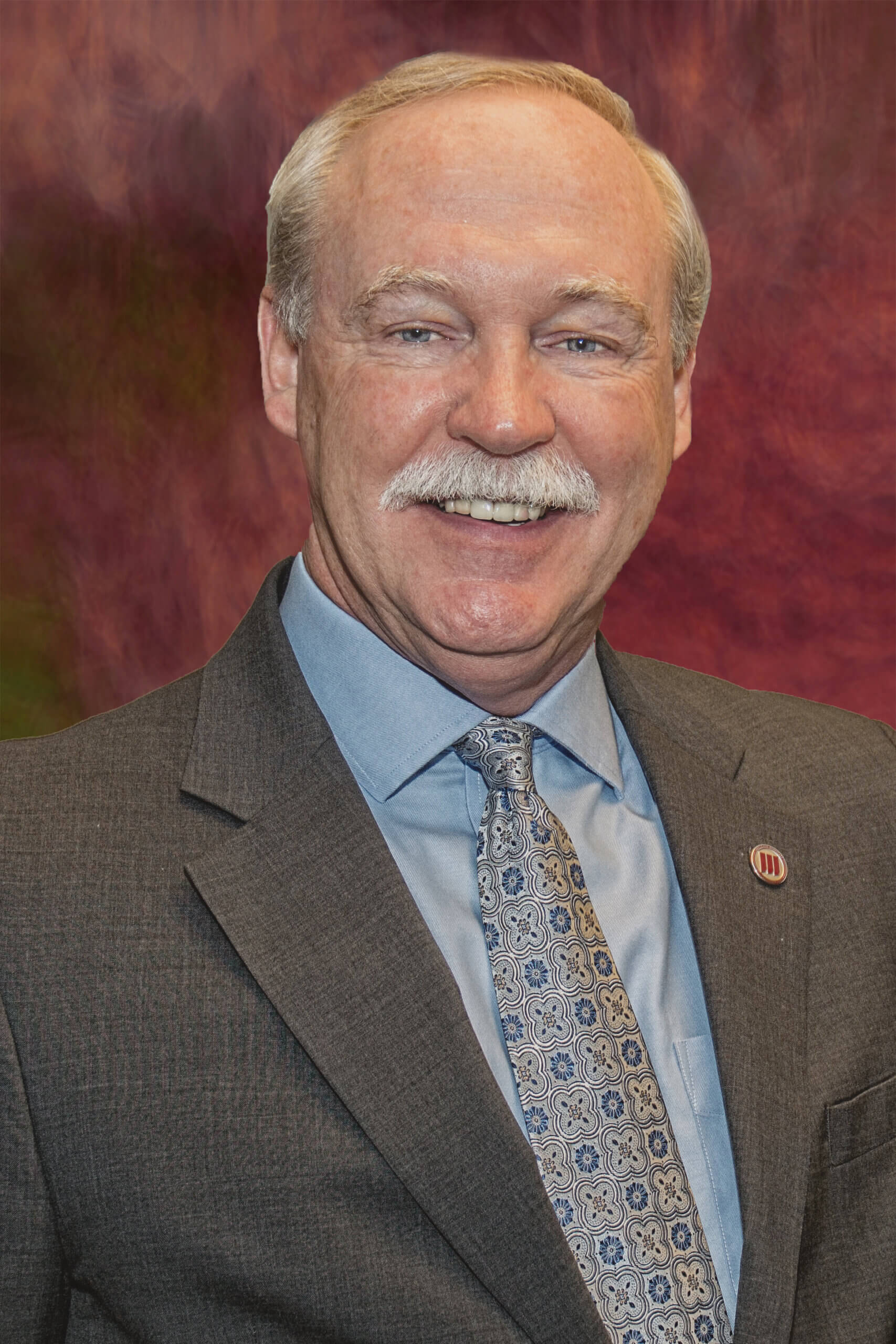
Julia A. Haller, MD, Ophthalmologist-in-Chief at Wills Eye Hospital, is a trailblazing retina surgeon-scientist and leader who has innovated translational advances against blindness on many fronts.
In 2007, she was appointed Ophthalmologist-in-Chief and William Tasman, MD Endowed Chair at Wills Eye Hospital, and Professor and Chair of Ophthalmology at Sidney Kimmel Medical College at Thomas Jefferson University and Hospitals. She is a Consultant at the Children’s Hospital of Philadelphia. One of the world’s most renowned retina surgeons, Dr. Haller has published over 400 scientific articles and book chapters, with research interests in retinal pharmacology, macular surgery, venous occlusive disease, diabetic retinopathy, age-related macular degeneration, complicated retinal detachments, health care disparities, and gender equity.
Dr. Haller serves as President of the Johns Hopkins Medicine Alumni Association, Chair of the Board of The College of Physicians of Philadelphia, Vice Chair, Section 6 of National Academy of Medicine, and on the Executive Committee and Board of the The Philadelphia Orchestra and Kimmel Center, Inc.


